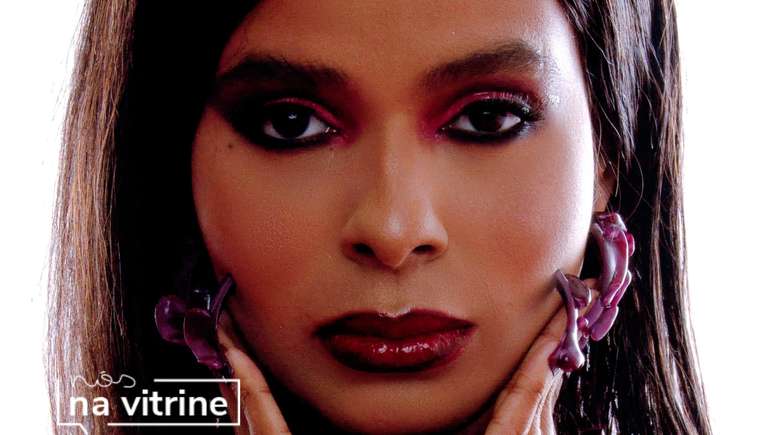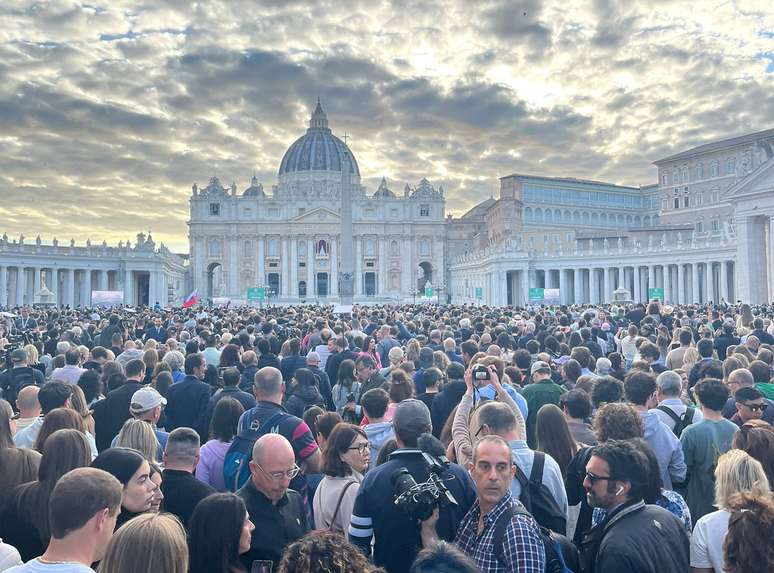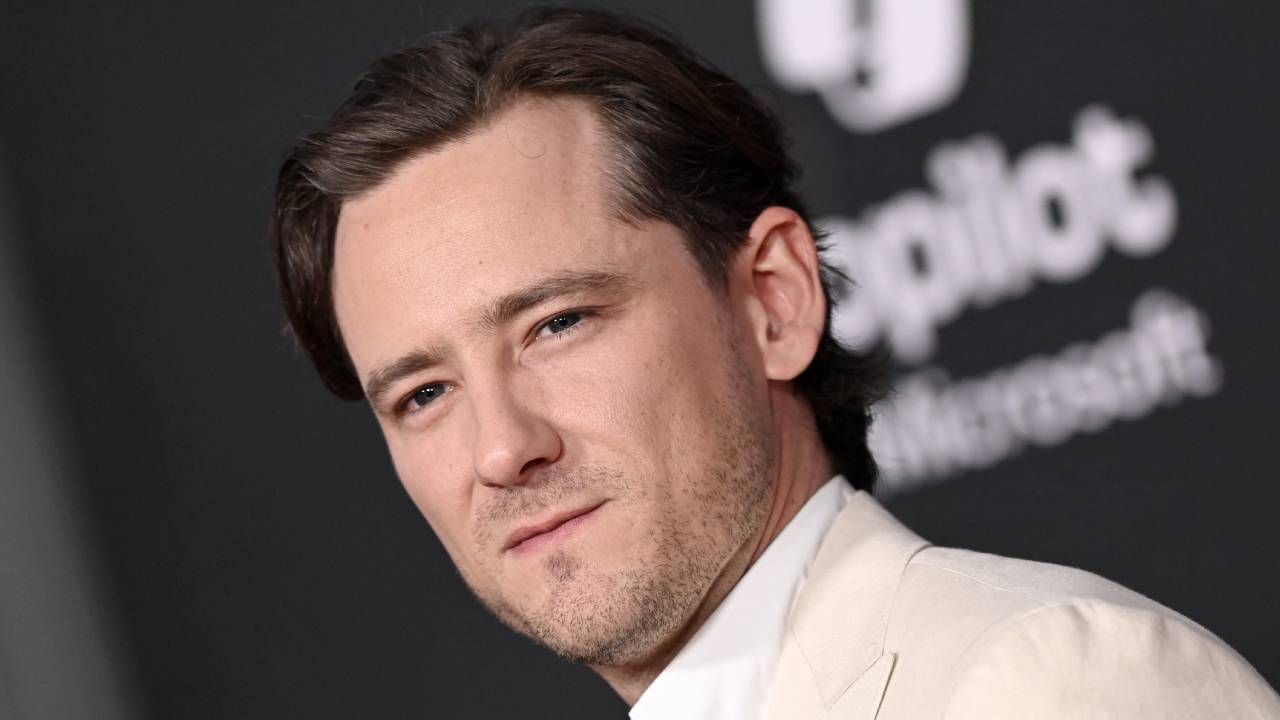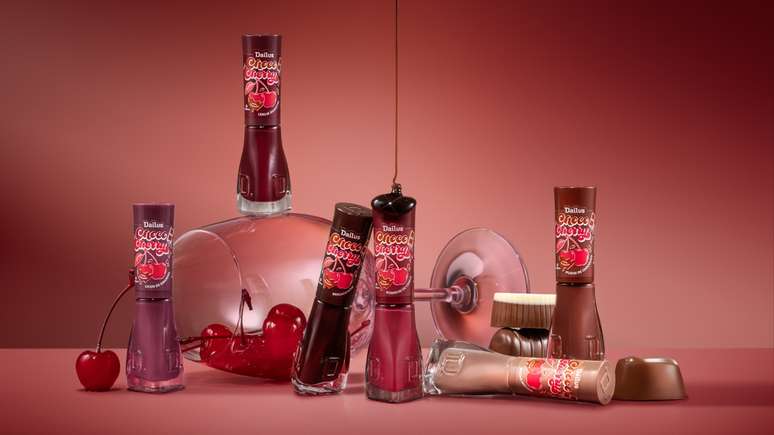Millions of fans, a Latin Grammy nomination: nothing could stop the passage of Ella, the renamed name of the artist
Jotta A has always been the stage name of the singer Ella, contradicting the common order, where a first name appears first and then a stage name. Jotta A was already Jotta A before she was Ella. The powerful name Ella was signed into artist papers after she came out as a transgender woman.
The firm and courageous decision, says Ella al Earth WE, it didn’t make her just throw away her old ID. She also gave up an established career among evangelical audiences and thousands of fans to open up to the world. The gender transition announcement came two years after Ella came out as bisexual. Thirty-two years after homosexuality was removed from the International Classification of Diseases by WHO.
She has always been her. Since she was a child she already wore the clothes of her older sister, and she was vehemently scolded by her mother. Her parents, Assembly of God evangelicals, attended church regularly, and it was in that church that Ella began singing at the age of three. At six she recorded her first demo. You then left Rondônia and went to live in São Paulo with her parents, who gave up a stable life to invest in the start of her daughter’s career.
From the doors of the small neighborhood churches where Ella and her parents sold their records, she found herself, in one leap, singing the praises of thousands. At the age of 12, she participated in a talent show presented by Raul Gil and won the contest. It was then that her childhood had to give way to the endless responsibilities of a young artist. She turned pro. She has garnered millions of fans all over the world.
SEE Jotta A’s career and understand her professional trajectory
shortened childhood
All of this happened at the same time that she began to understand herself as a person, when she began to question her sexuality and to develop. “All of this took place in an environment that knocked me down, in which I had no references to discover myself. I felt like everything I was was wrong,” she says.
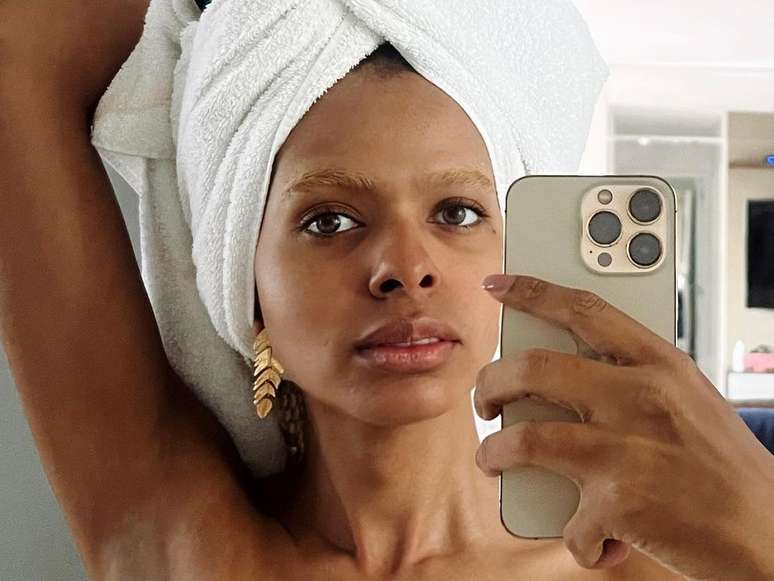
Ella missed doing the things kids usually do and not having a lot of responsibilities. “I had no idea what was going on, there was no time to assimilate. Career growth so fast was a big blow. Because of religiosity, I have deprived myself of many things, such as self-knowledge. Career took up all my time and what little time I had in school was where I could try to discover myself,” she says.
Growing up within the religion, according to the artist, gave her no prospects for anything other than life in the church. “The church was my base, and frustrating the people in it was like killing a part of me. When I thought about gender, about sexuality, I repressed myself. I didn’t even allow myself to think. Because I knew it was going to undo an important part, which was the church.”
moment of liberation
But time passed, adult life arrived, and Ella began to realize that there was no escaping who she was. At age 22, at the onset of the coronavirus pandemic, she came out as bisexual. She lived in Colombia, shows were beginning to be canceled due to the lockdown, and she understood that this was the time to free herself from so many chains.
The shot, she says, took place during a visit to a group of transgender friends. They were getting ready for a party and Ella saw her reflection there. She understood, once and for all, the woman that she was her. “I started asking them a lot of questions, about transitioning, about hormone therapy… I didn’t talk about how I was feeling, but I asked a million things. I grew up very repressed, I didn’t know what the transition would be like, nor how I would express myself on the street. I came home, started researching and realized that from then on a new person was going to be born. When I first came out with a jump and [peruca] lace, she seemed ready to conquer the world”.
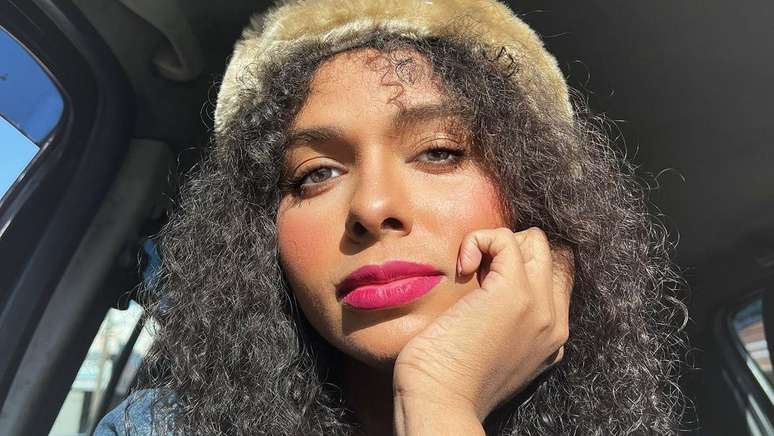
“The first person I talked to about sexuality and gender was a friend, the only one who supported me right away. When I got that strength from him and decided I was going to walk out, I spoke to my counselor. I knew it would impact my career [Ella cantava em uma banda gospel] and in the lives of other people who have worked with me. Her reaction was to cry. She knew it would affect his entire financial life, I understand that. But imagine the pressure I felt?
The artist then decided to return to Brazil and reveal himself to his family. The welcome came from where he least expected it, from her sister. She and the artist’s grandchildren embraced her and immediately began to treat her as feminine. With her parents the situation was different. Initially, she came out as a non-binary person. [que não se define como homem nem como mulher].
“I knew it was going to be a very big shock, so I thought it best to do it little by little. My parents didn’t accept me right away and I already imagined it would happen. But today our relationship is good. They call me ‘daughter’ and I’m sure they will be coming to my shows soon.”
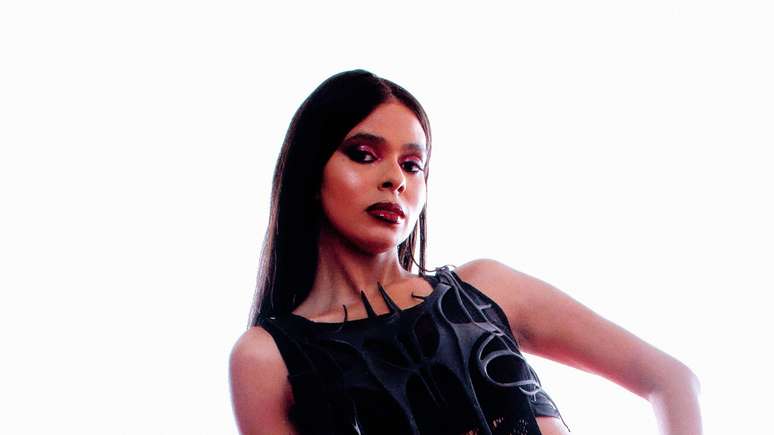
But the greatest pain of Ella’s trial was the hate she received from those who, for years, had self-declared fans. The artist recounts having suffered threats of all kinds, and that her greatest fear was for her family – even her parents were threatened within the evangelical centers that she frequented. “I have received death threats and experienced many hate attacks. Over time I learned to do it. And that’s why I completely turned away from religion. Today I only believe in God.”
“Even more complete”
Today Ella follows the pop and R&B sound, and as she changed niche, she was approached by producers who had already worked with Anitta and Ludmilla. She understood that she needed experienced people to get to know the new kind of music. She has decided to keep the stage name Jotta A, and she has already released seven singles and one album.
Last year she lived like the woman who has always been her first month of May, a symbol of LGBTQIA+ resistance because it was the month WHO removed homosexuality from the list of diseases. “This May I feel even more complete. It was like being reborn. I no longer see myself as I was, I no longer imagine myself like this. I am so complete. I view my transition phase as a phase of great courage. Opening the door and hitting the road was challenging and invigorating. I am more and more ready to face the world every day”.
Source: Terra
Rose James is a Gossipify movie and series reviewer known for her in-depth analysis and unique perspective on the latest releases. With a background in film studies, she provides engaging and informative reviews, and keeps readers up to date with industry trends and emerging talents.

